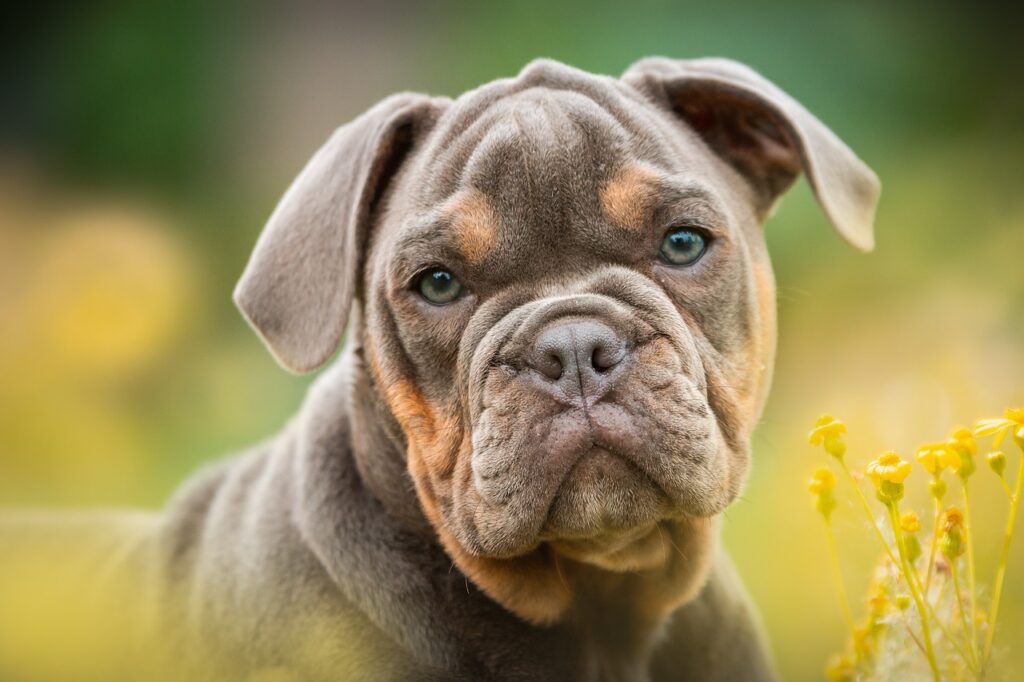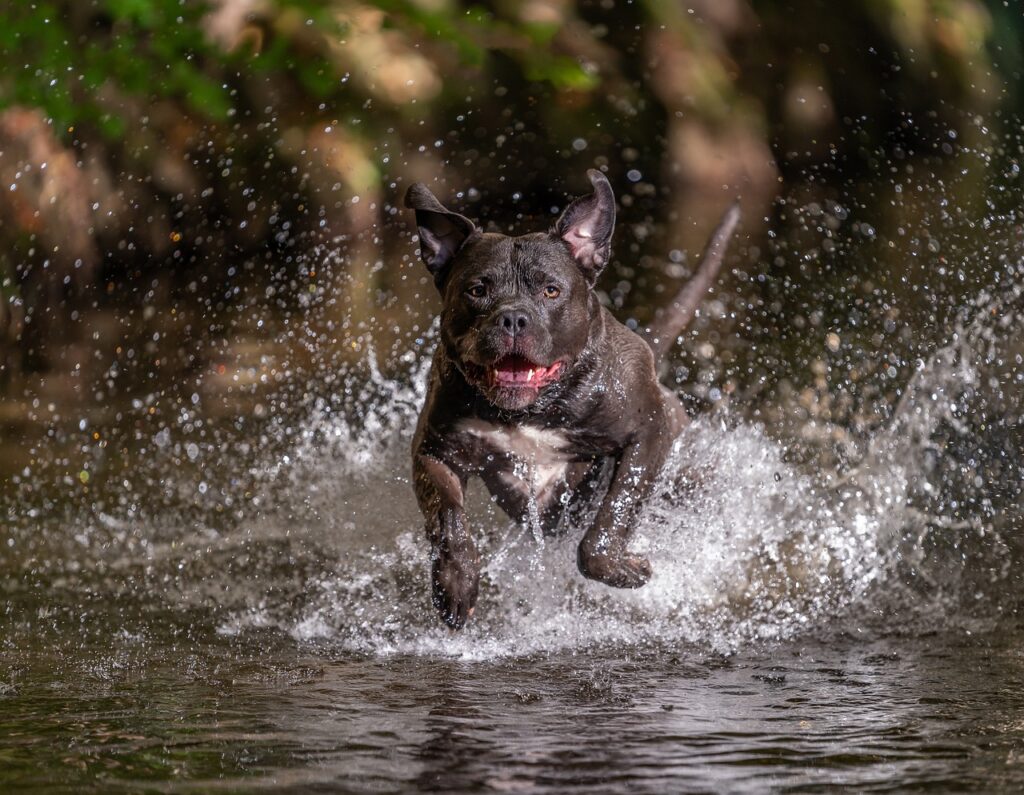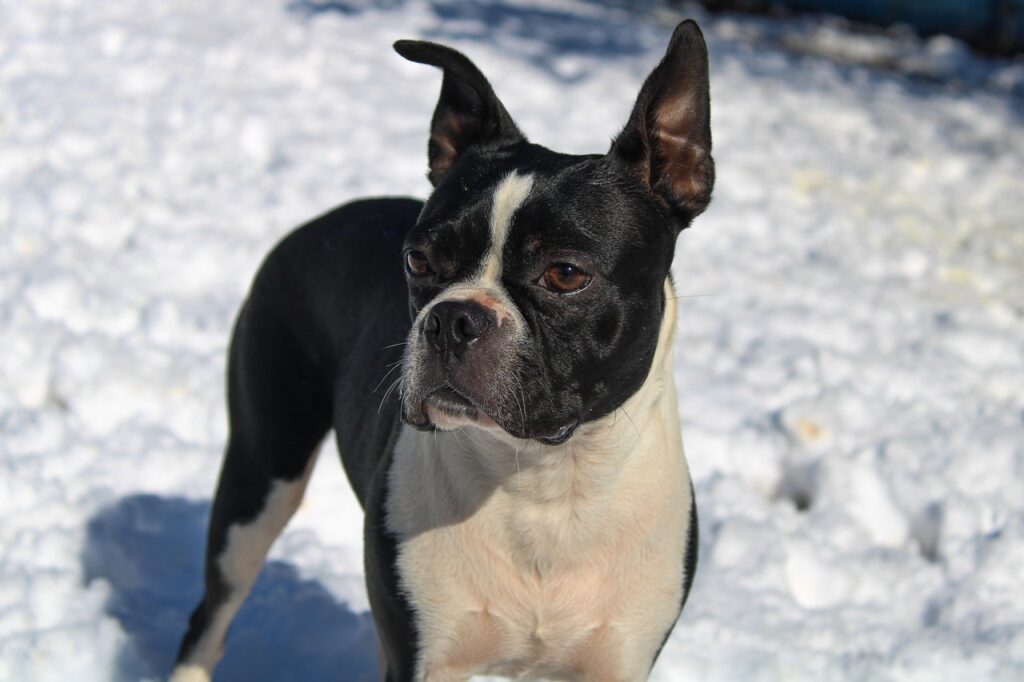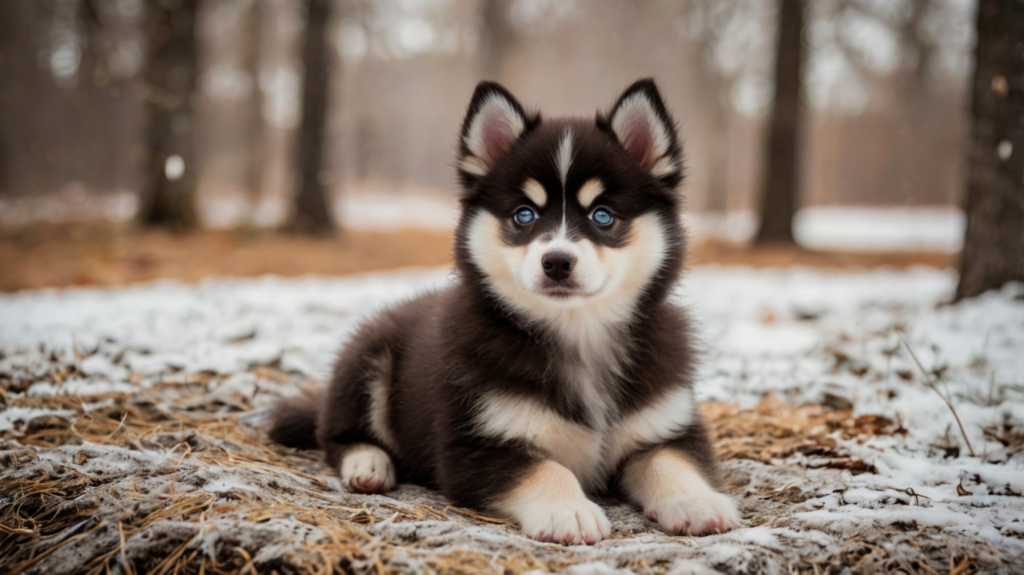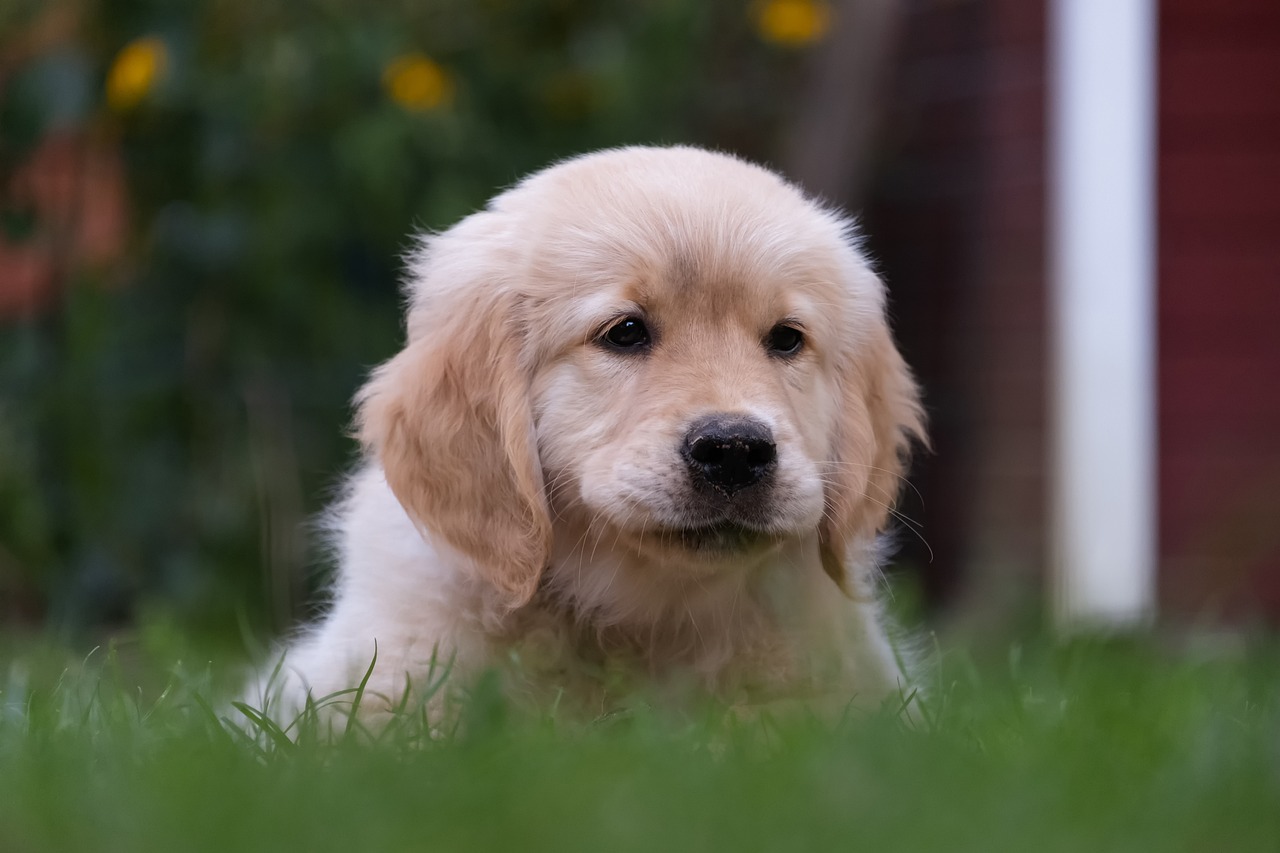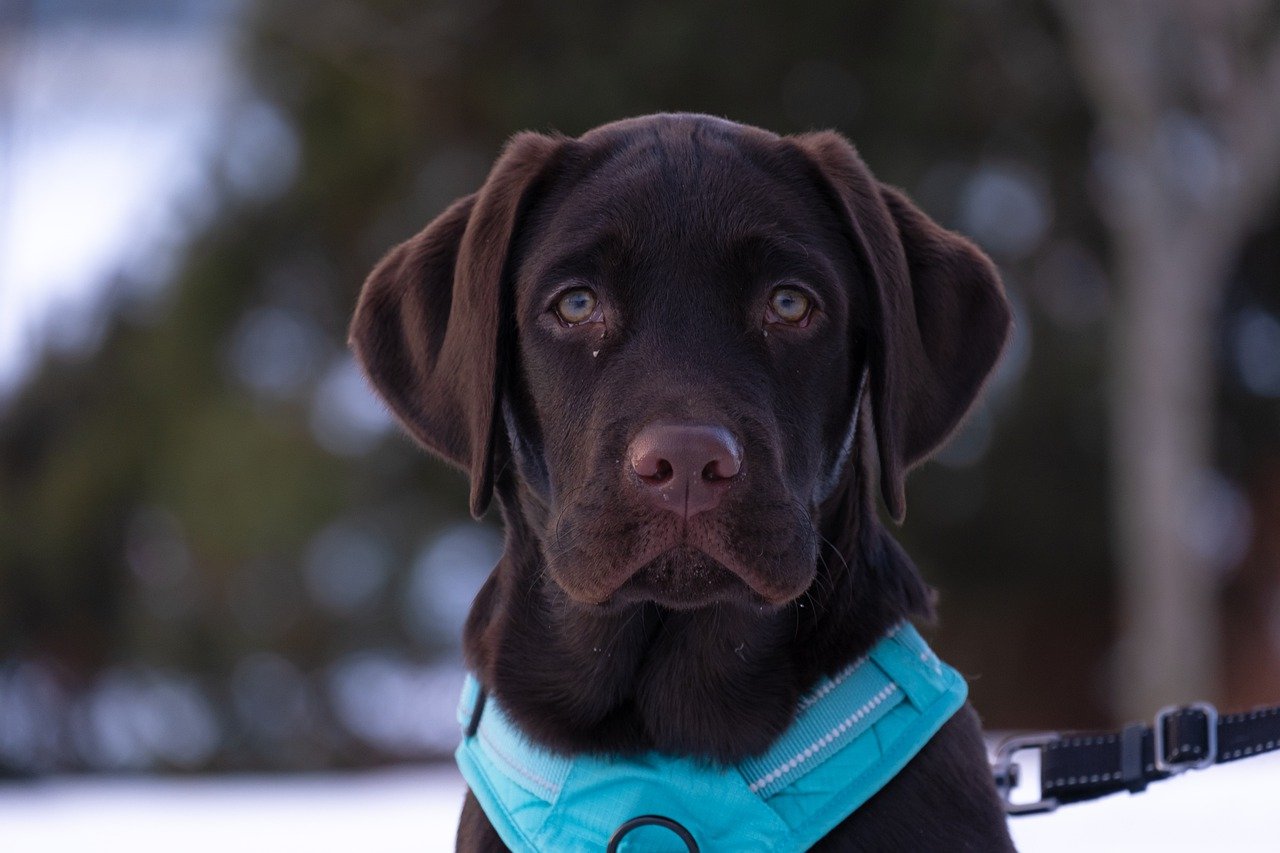Estimated reading time: 3 minutes
Table of contents
Dog coat genetics play a crucial role in determining a canine’s fur characteristics. Comprehending these genetics can assist one in forecasting whether a pup will have lengthy or short hair. So, this article delves into the scientific principles underlying dog coat heredity, highlighting key genes and their impact on coat types.
Dog Coat Genetics Explained
A dog’s coat genetics ascertain the length, surface, and hue of its fur. Explicit genes sway these qualities, leading to a diversity of coat varieties among distinctive breeds. So, the pivotal genes engaged in dog coat heredity comprise:
- FGF5: Influences hair length.
- RSPO2: Linked to hair growth and curliness
- KRT71: Hair texture.
These genes act together to determine the wide array of coat types observed in dogs today.
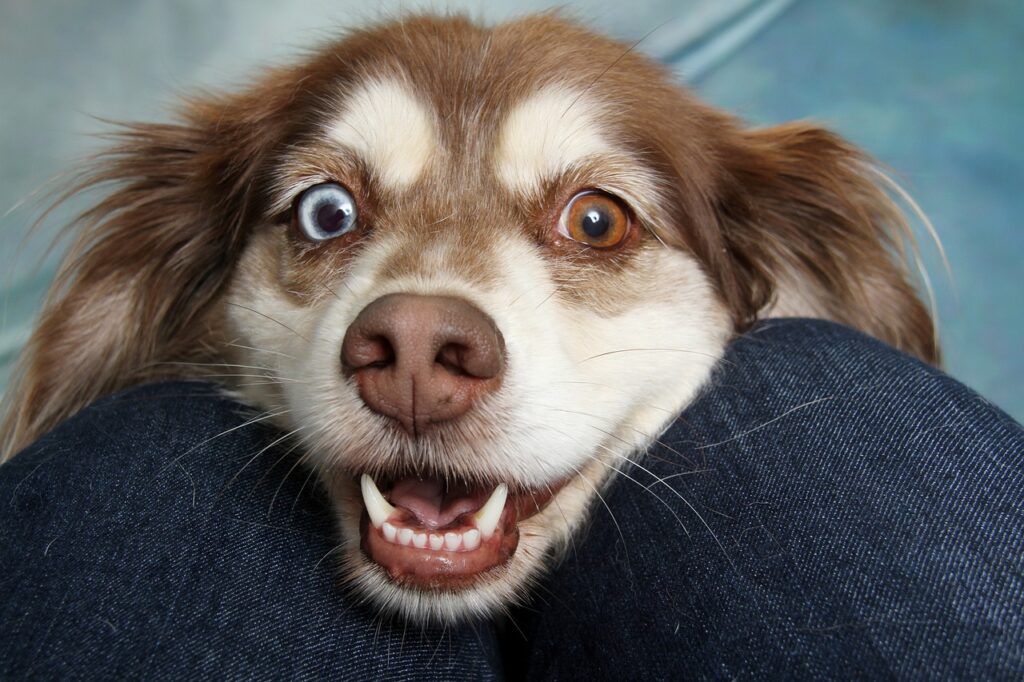
Determining Dog Fur: Key Factors
Determining dog fur requires that you understand the genetic composition of both parents. So, here are some factors that affect dog coat genetics:
- Dominant and Recessive Genes. Dominant genes are often the ones that dictate traits, while recessive genes can remain hidden from view.
- The Interaction of Genes. The resulting coat type is a matter of interaction between several genes.
- Breeds. Certain breeds have their own special genetic traits which determine their coat type.
So, by applying the above principles, we can predict what kind of fur a dog with a certain genetic background will be.
Long vs Short Hair Dog Genes
One key difference between long vs. short hair in dogs can be found in the FGF5 gene. So, here’s how it works:
- Long Hair. A recessive mutation in the FGF5 gene results in long hair.
- Short Hair. The presence of a dominant FGF5 gene leads to short hair.
RSPO2, KRT71 and other genes have an impact on texture and curls as well as the diversity of dog fur types.
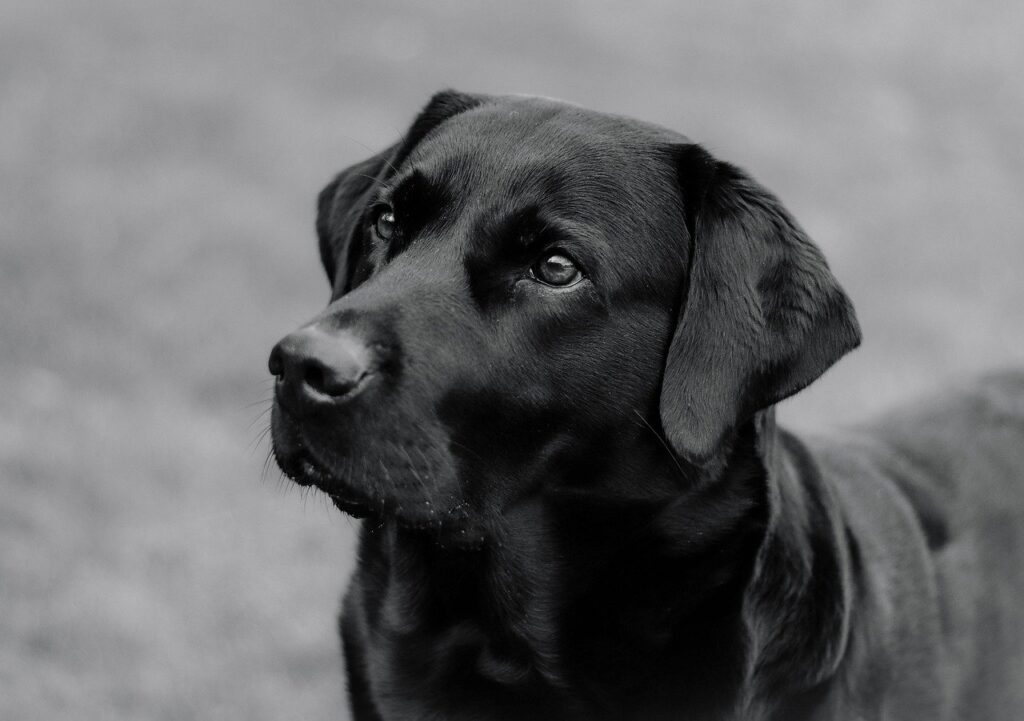
Finding Your Perfect Puppy
When looking for a new puppy, it’s really important to choose a reputable source that offers value and matches reputation. From PuppyFinder.com you can find puppies with a wide variety of coat types – this in turn makes sure that your new best friend is healthy and has the coat type that you desire. That way, you can be sure to find a healthy puppy.
Furthermore, Embark Vet offers exhaustive genetic testing results for your puppy ‘s coat and a wide variety of other sources that can help you learn about the background of your puppy. So, these will hopefully help you judge a healthy puppy from a breeder.
Key Points to Remember
- A dog’s coat length, texture and color is largely determined by genetic inheritance.
- The FGF5 gene determines hair length to a large extent.
- Dominant and recessive genes interact to create a multitude of coat types.
So, an understanding of dog coat genetics will help you predict what your dog ‘s coat type will be and find the perfect puppy. To learn more about reputable breeders and genetic testing, visit PuppyFinder.com.


